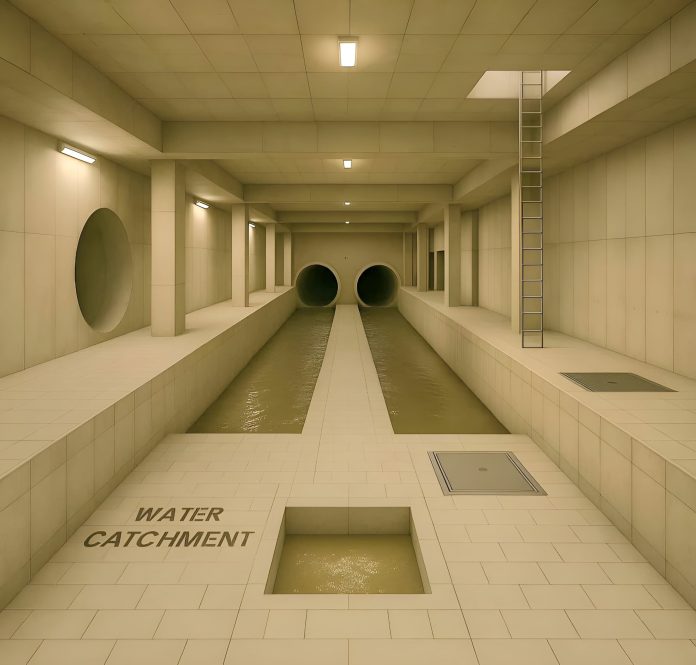Kampala is moving to cover and modernize the infamous Nakivubo Channel, a drainage trench that has for years symbolized urban neglect, crime, and deadly flooding.
The project, now in advanced planning stages, is seen as a critical step in preparing the city for the 2027 Africa Cup of Nations (AFCON).
Officials from the Confederation of African Football (CAF), during their latest inspection, commended the new Hamz Stadium but raised alarm over the state of the adjacent channel.
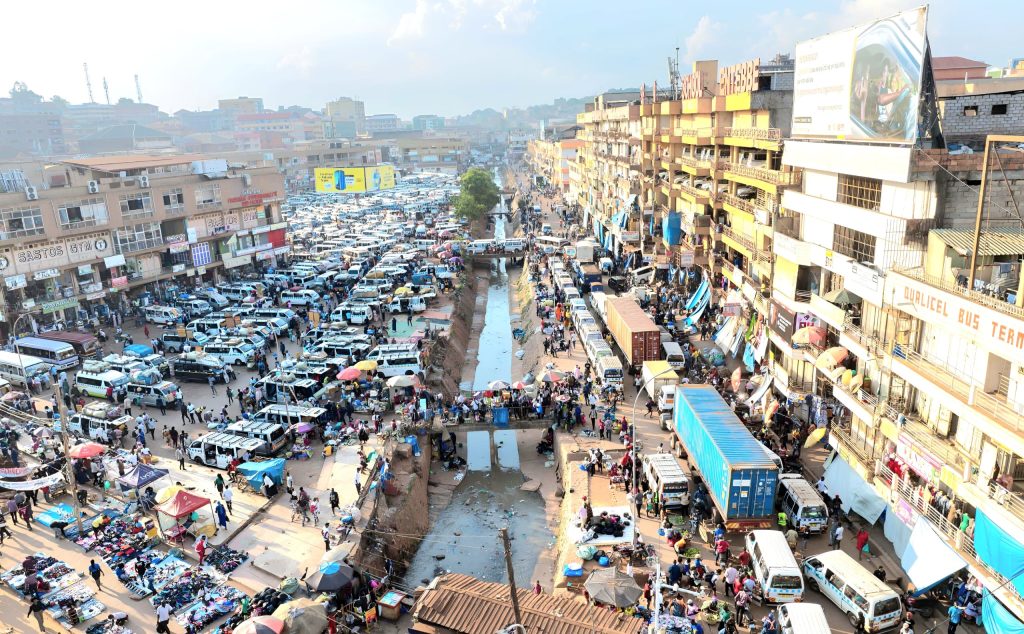
They warned it must be secured and redeveloped if Uganda is to host the continental showpiece.
Hazard Turned Priority
The open channel, which cuts through the heart of Kampala’s commercial hub, has been a nightmare for residents and traders.
During heavy rains, it floods, destroying merchandise and paralyzing business activity. Over 100 people have lost their lives in accidents linked to the trench in recent years.
Security agencies also blame the channel for providing hideouts for drug users and petty criminals, worsening insecurity in the city center.
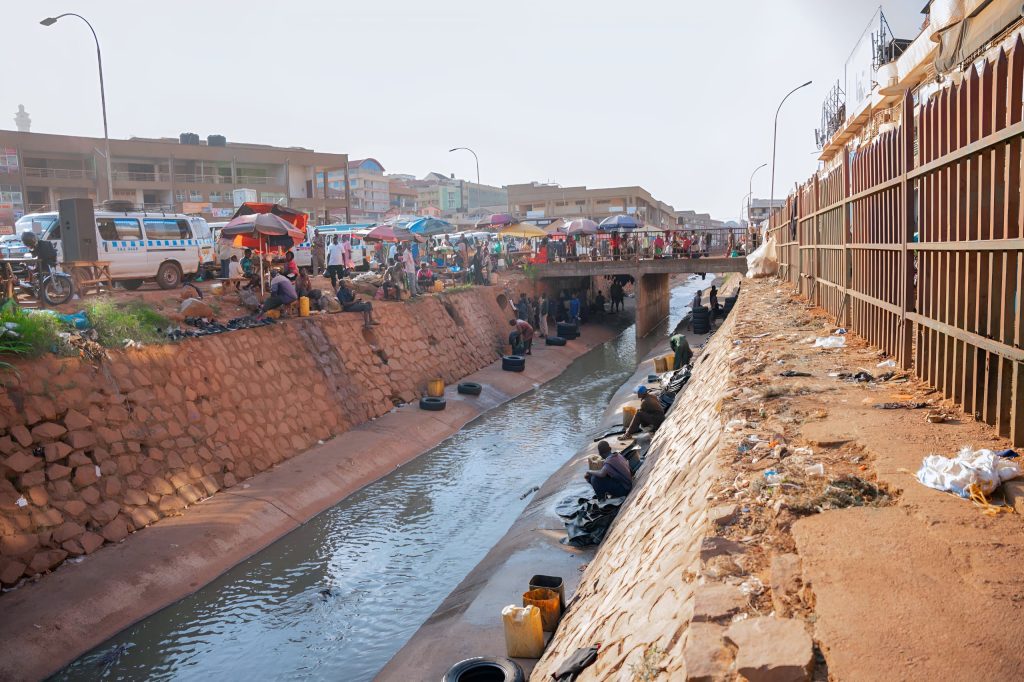
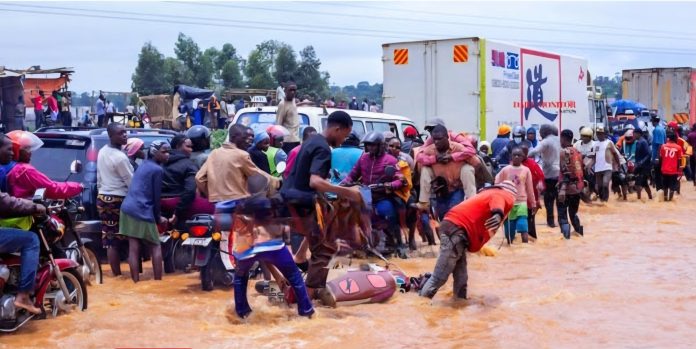
What the Plan Entails
According to KCCA planners, the redevelopment will include underground flood control chambers, waste filtration systems, and water recycling points. The surface will feature green public spaces, pedestrian walkways, and rest areas.
“This project is about turning a liability into an asset,” one official told the Capital Times. “Nakivubo should no longer be a death trap, but a landmark of modern Kampala.”


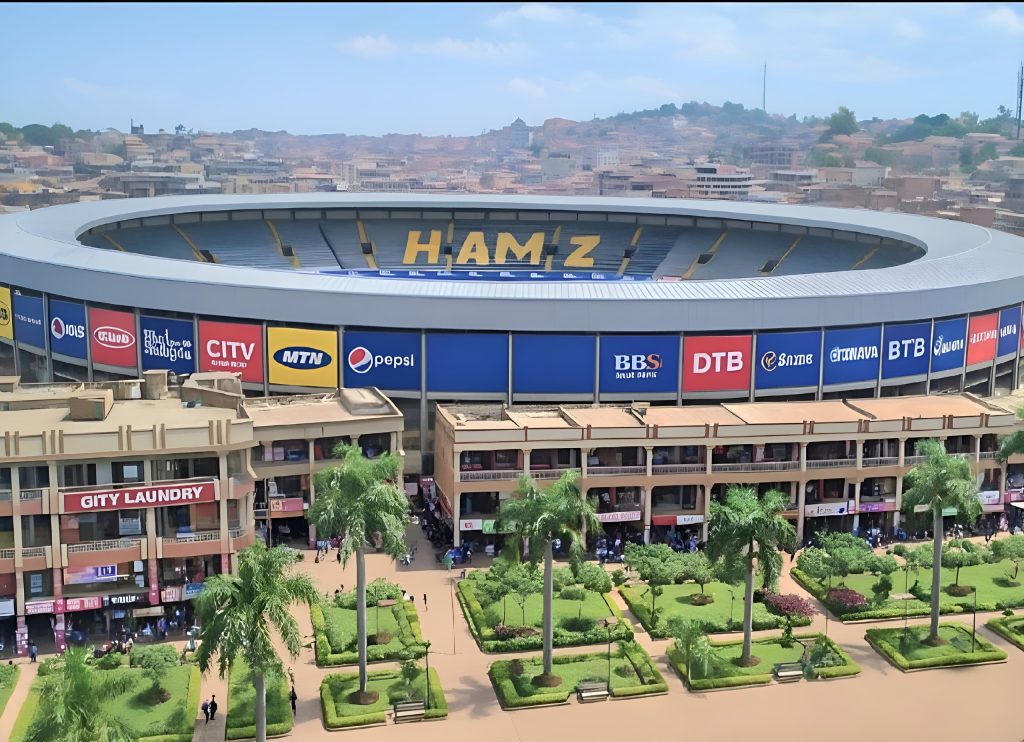
National Image at Stake
Observers say the upgrade is about more than just drainage. It speaks to Uganda’s image as AFCON hosts and its ability to tackle long-standing urban challenges.
For decades, Uganda has relied on donor-driven urban projects. This time, however, private investors and local institutions are expected to play a leading role, signaling a shift toward homegrown solutions.
Looking Ahead
If executed on schedule, the redevelopment will be completed before AFCON kicks off in 2027. Kampala would then boast a safer, cleaner, and more organized city core.
Failure, however, would not only leave the city vulnerable to floods and insecurity but also risk embarrassing the country before millions of continental football fans.

